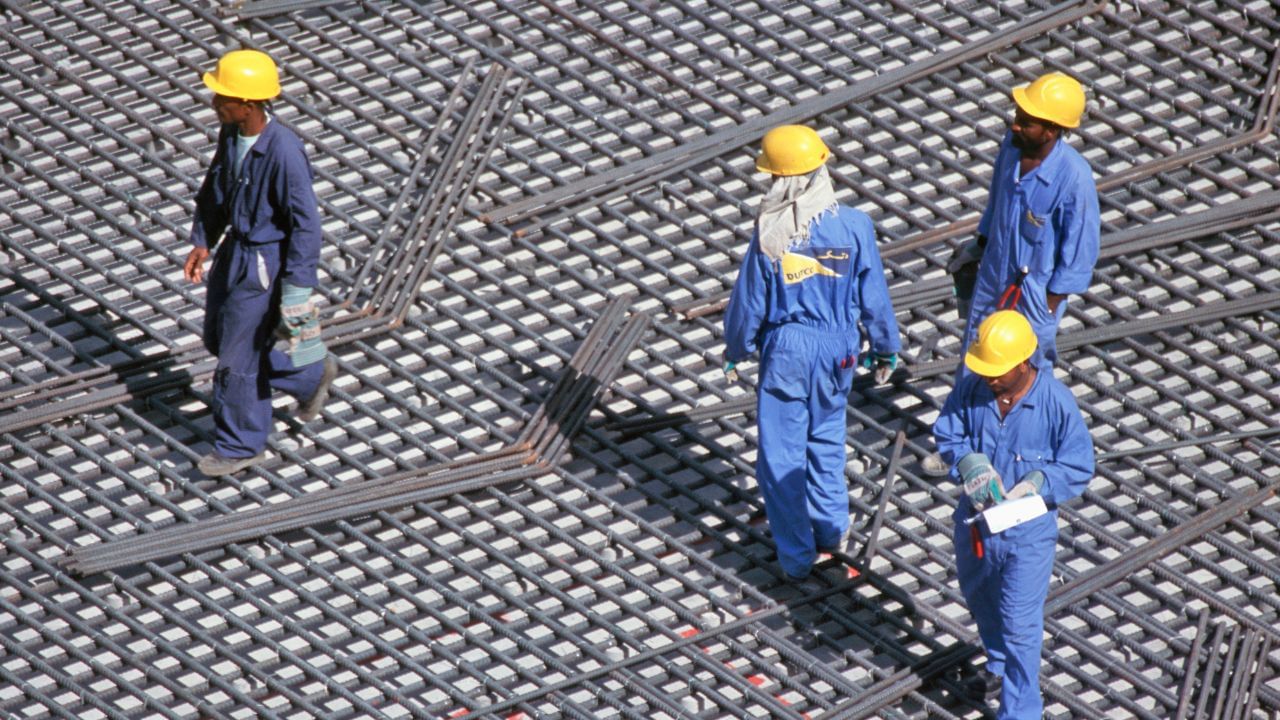New Delhi: Saudi Arabia has taken a historic step by ending its 70-year-old Kafala system, setting free millions of migrant workers from restrictive labour rules. The reform aims to improve the welfare and rights of migrant workers. Around 13 million foreign workers, mostly from South and Southeast Asia, are expected to get benefits.
These reforms are part of Crown Prince Mohammed bin Salman’s Vision 2030, focusing at modernising Saudi society, diversifying the economy, and improving the country’s international image.
What does Kafala mean ?
Kafala, meaning “sponsorship” in Arabic, was introduced in the 1950s to maintain the growing number of foreign workers during the Gulf’s oil boom. Under this system, each worker was tied to a local sponsor, or Kafeel, who had complete control over their residency, employment, and legal status.
The system gradually became known for exploiting migrant workers. It was common for workers to have their passports taken from them, faced delayed or unpaid wages, and were not free to move. They couldn’t switch jobs, leave the country, or report issues without their sponsor’s consent. Domestic workers, particularly women, faced isolation, overwork, and abuse. Human rights groups described it as “modern-day slavery.”
Ending worker exploitation
Saudi Arabia depends heavily on foreign workers, with about 13.4 million, nearly 42 percent of the population working in construction, agriculture, and domestic jobs. Most of the workers belong from India, Bangladesh, Nepal, and the Philippines. For years, organisations, governments, and NGOs have demanded reform, pointing out how the system is exploiting the workers.
Under the new rules, migrant workers can now switch jobs freely and travel abroad without their sponsor’s approval. They will also have easier access to labour courts and complaint systems to safely report problems.
By ending kafala, Saudi Arabia is marking an important step in treating migrant workers fairly and following global labour standards.
